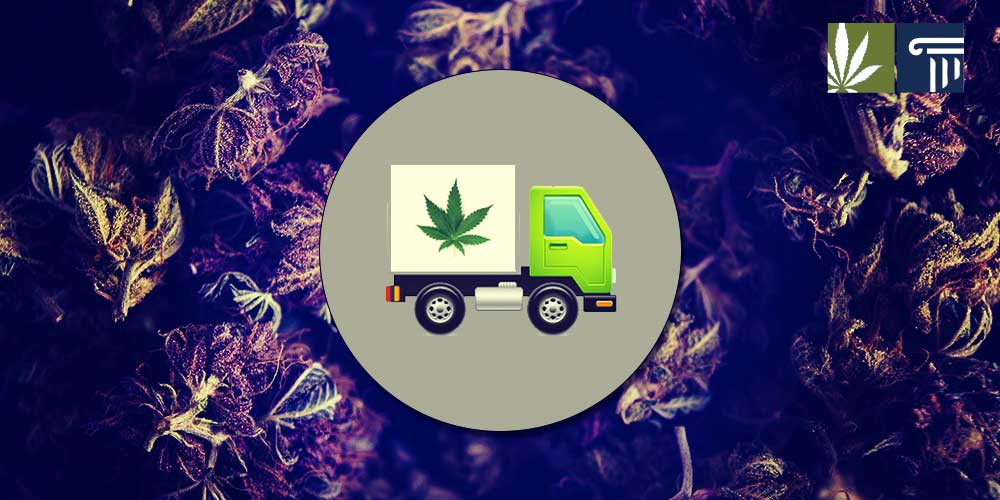On July 26, Colorado Gov. Jared Polis (D) said that his administration is aiming to reduce impaired driving by legalizing home delivery of cannabis.
Arizona Gov. Doug Ducey (R) brought up the issue during a panel on road safety at the National Governors Association’s 2019 Summer Meeting in Utah.
Ducey, whose state rejected the legalization of recreational marijuana in 2016, said that existing technology makes it easy to identify driving under the influence of alcohol, while “it’s more ambiguous on the drug side and it concerns me.”
He asked “how we’re going to have safe roads in these situations?” as legalization is becoming increasingly widespread.
Helen Witty, president of Mothers Against Drunk Driving (MADD), as well as representatives from the Center for Disease Control and National Traffic Safety Administration, shared Ducey’s concerns about the ways in which legalization could affect road safety and the rates of marijuana use.
Polis, who signed a number of bills expanding Colorado’s legal market since running for governor on a pro-cannabis platform, weighed in with a differing view.
“Colorado has long been a leader in cannabis reform,” he said. “Our new efforts include allowing delivery of marijuana, so we’re moving away from the risk of people driving while impaired by having legal delivery to people’s homes.”
“We just passed the enabling legislation around that, beginning with medical marijuana and then moving to full regulated sale of marijuana so people exercise—in our state, it’s a constitutional right to use marijuana in their home—without the risk of them using it somewhere else and driving,” Polis said. “We’re really looking at a wide variety of tactics to decrease that risk.”
In May, Polis signed the bill that will allow patients to request cannabis deliveries from licensed medical marijuana shops from January 2020. Home deliveries from authorized recreational marijuana stores will begin in January 2021.
Though the bill was generally seen as the next step in strengthening the legal cannabis industry in the state and improving the service for consumers and patients, Polis considers it also beneficial to public safety, by enabling those who have consumed marijuana to order it, rather than get behind the wheel.
A recent policy analysis found that “there is little theoretical reasoning as to why delivery would increase the rate of impaired driving” and that it’s “at least equally as plausible that delivery will keep already impaired individuals from driving to purchase more product.”
“As many states have banned the use of marijuana in public, delivery may encourage more consumers to consume in the safety of their homes without ever having to leave,” Spence Purnell from the think tank Reason Foundation, who authored the analysis, wrote.
In addition, the Congressional Research Service recently published a federal report, which calls into question the view that legalization contributes to higher rates of impaired driving, and suggests that studies concerning the risk of a driver who has consumed marijuana crashing have been inconclusive.
Nevertheless, cannabis reform advocates and opponents alike mostly agree that driving shortly after using marijuana is inadvisable.






